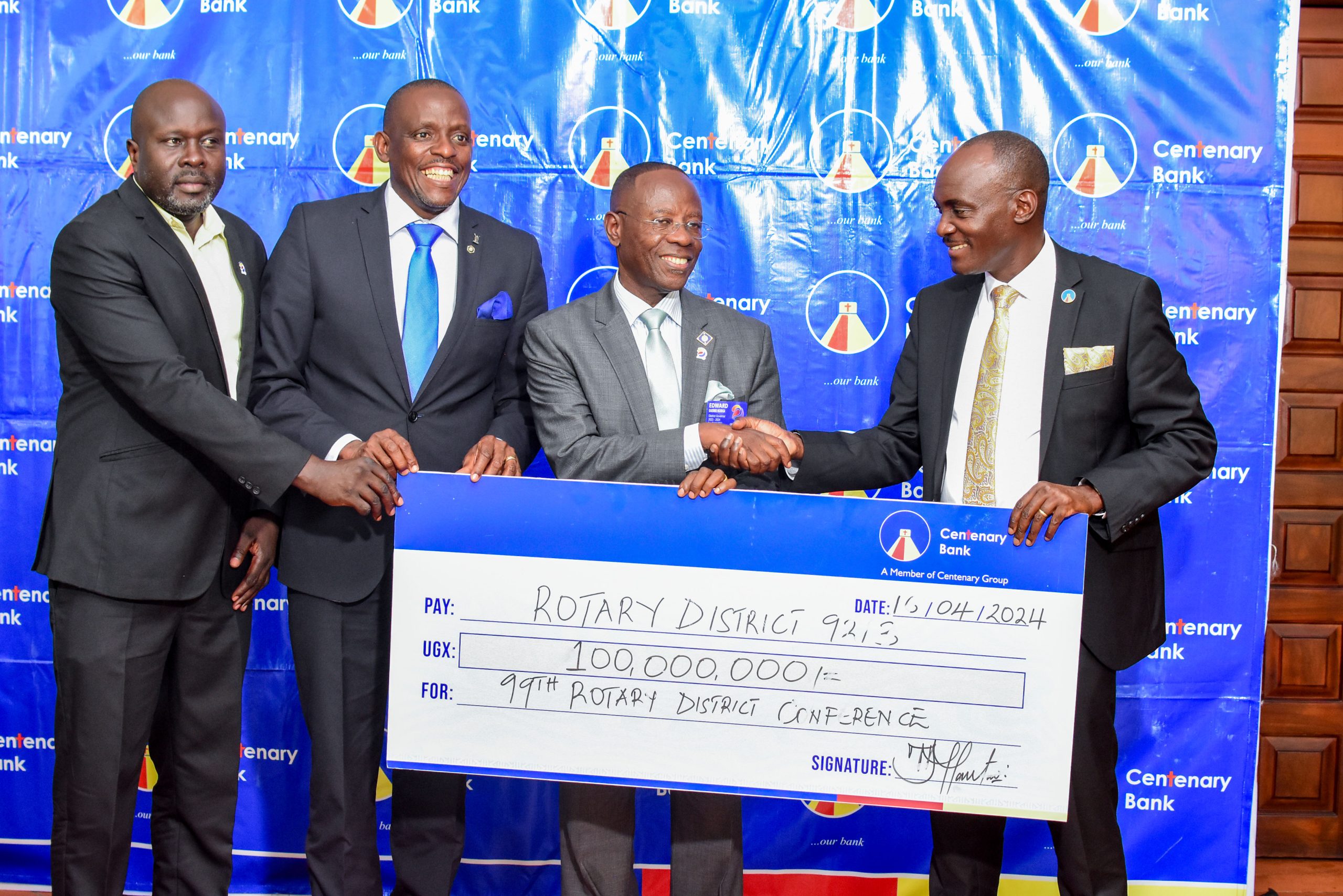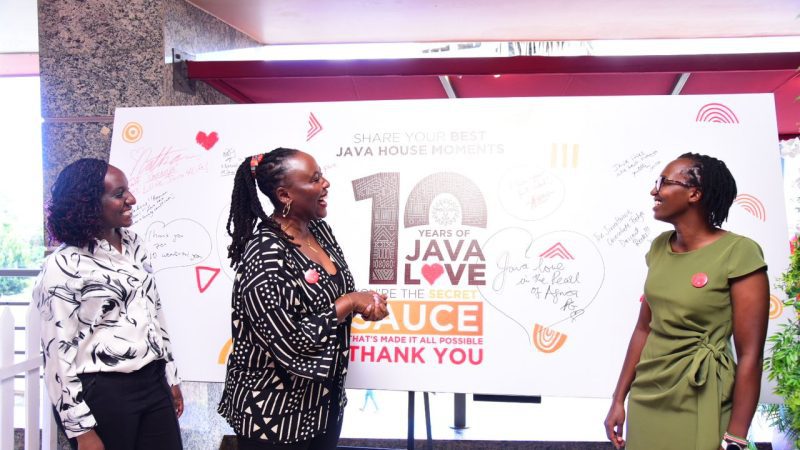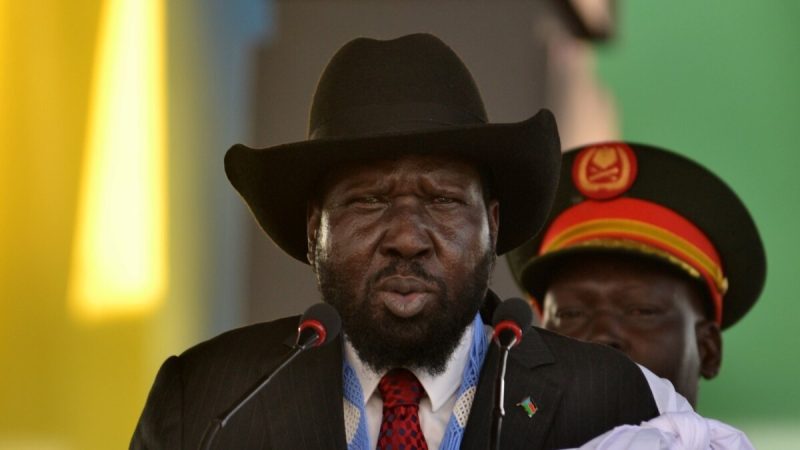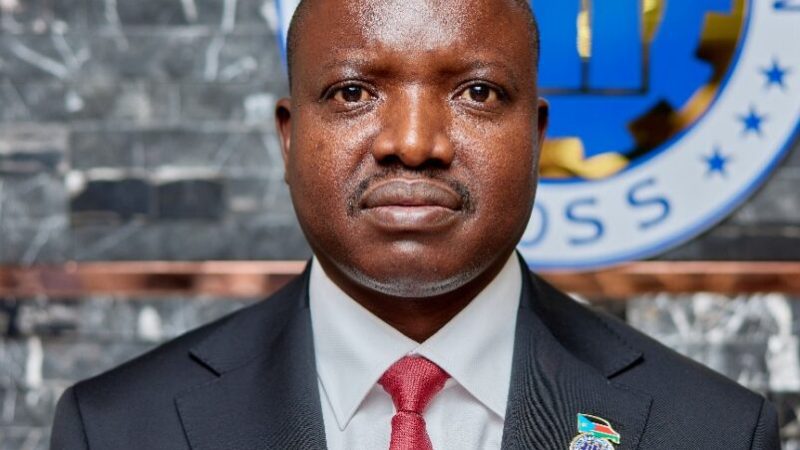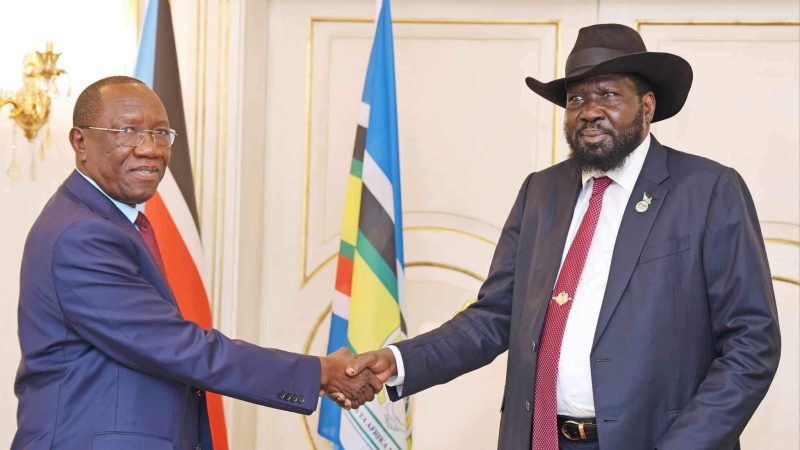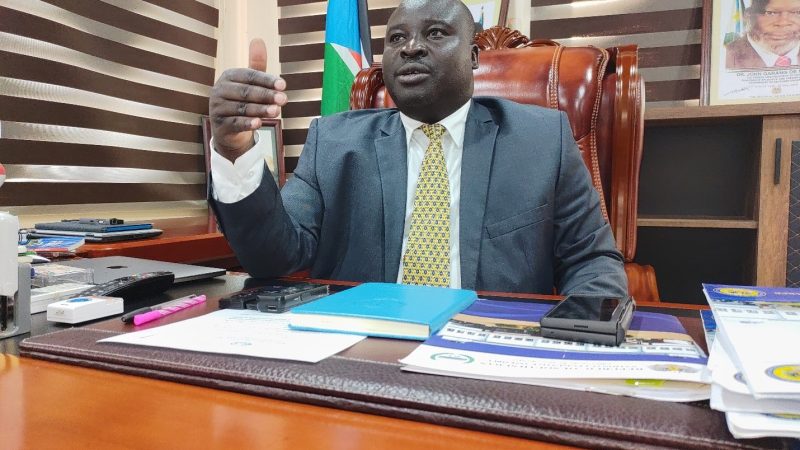South Sudan Head of State Salva Kiir has ordered the army, police and other security organs in the country to not at any instance cooperate with the deployed regional forces.
Kiir argues that actions of the regional force could end up undermining the sovereignty of Africa’s youngest nation.
“Whatever they want to do must be subjected to scrutiny. I know you will face challenge. They protest and some people will try to sabotage your work but you must know not all you do gets support from all the people. But what is important is that we must do what we know is right for our people,” Kiir told a security meeting on Wednesday.
He noted that the United Nations-mandated regional forces were permitted into the country with the understanding that they would play a role in providing escort and securing major supplying roads to and from Juba, especially those which have experienced disruptive armed and banditry activities.
“You have to tell [them] where to go and what to do, not them telling you where they want to go and what to do. That is not what they [regional troops] came here for. They came to complement your work and so it is you whom they want to assist who should tell them where you need to go and what to do there,” he added.
Kiir had earlier also warned that the South Sudan’s government would reconsider its decision on the deployment of regional forces mandated by the UN Security Council (UNSC).
“They [regional protection forces] have come and the way they have started is already becoming a matter of concern. They want to deploy at the airport. They also want whatever they bring into the country not to be checked,” he said Sunday.
In August 2016, the UN Security Council, following IGAD’s request, approved the deployment of a 4,000-strong protection force to secure Juba in the aftermath of renewed clashes that occurred in the South Sudan capital in July.
South Sudan’s Transitional Government of National Unity confirmed its unconditional consent to the deployment of the regional forces in a communiqué to the UN Security Council on November 30, 2016.
It remains unclear what prompted the South Sudan leader to make such warnings, barely a month after the first batch of the regional protection forces arrived in the country.
Despite the August 2015 peace agreement, South Sudan slipped back into conflict due to renewed clashes between rival forces – the Sudan People’s Liberation Army (SPLA) loyal to President Kiir and the armed opposition backing former First Vice-President Riek Machar.


